An interesting League of Mercy group awarded to Her Grace Gwendolen, Dowager Duchess of Norfolk Defence Medal; Coronation 1911; Jubilee 1935; Coronation 1937; Order of the League of Mercy, with clasp, For Long Service, silver-gilt and enamel; Voluntary Medical Service Medal, silver, with four extra service bars (The Duchess of Norfolk) officially impressed naming; Belgium, Queen Elizabeth Medal, bronze; Vatican, Equestrian Order of the Holy Sepulchre of Jerusalem, Dame Grand Cross set of insignia by Tanfani Bertarelli, sash badge, silver-gilt and enamels, and breast star, silver-gilt and enamels, complete with full narrow Lady’s sash; together with British Red Cross Society War Medal and an enamelled brass British Red Cross Society cap badge, good very fine or better (11) £1400-1800 Footnote Clasp to League of Mercy London Gazette 22 February 1944. Order awarded in 1932 but not published in the London Gazette. The Hon. Gwendolen Mary Constable-Maxwell was born on 11 January 1877, the eldest daughter of the 14th Baron Herries (created, Scotland 1489) and the Hon. Angela Mary Charlotte Fitzalan-Howard. She succeeded her father to the title as 12th Lady Herries of Terregles in 1908. In 1904 she married, as his second wife, her first cousin once removed, Henry Fitzalan-Howard, the 15th Duke of Norfolk, K.G., P.C., J.P., and had a son, Bernard Marmaduke, who succeeded as the 16th Duke upon the death of his father in 1917, and three daughters. At the time of her marriage a correspondent of the Sussex Daily News wrote: “There is something very attractive about the young Duchess. She has the rare quality of grace and charm and a magnetic personality that draws all hearts towards her... her eyes, dark and heavy lidded give her somewhat the look of a mystic and a dreamer. She is very musical and her training of the choir in the little chapel attached to Everingham, the home of her happy girlhood, speaks volumes for her ability as an organist. At Everingham she is adored.” During the 1914-18 War their London home, Norfolk House in St James’ Square, was given over to the Royal Club for Ladies from Beyond Sea, under whose auspices thousands of overseas ladies who engaged in nursing and other war work in this country were received and entertained there. The Duchess showed an active interest in such causes as the Duke of Norfolk’s own Cadet Corps in the East End of London, the Life-Boat service, the Royal Sussex County Hospital (of which she became President in 1929), the Territorial Nurses Association, the Red Cross Society, work among poor boys in South London, Infant Welfare Centres and other organisations. Now and again she proved a gracious hostess on a grand scale, as when she gave a garden party at Arundel to all the Roman Catholic bishops in England, or entertained the whole town of Arundel to tea to celebrate the Peace in 1918. She was probably awarded the Belgian Queen Elizabeth Medal for receiving Belgian refugees at Arundel Castle during the war. The 15th Duke was president of the Belgian Refugees Committee after the German invasion of Belgium in 1914, and Arundel Castle was used as a convalescent hospital for wounded soldiers. She served with the British Red Cross Society from March 1915 to December 1918, as Commandant of V.A.D. 122, the detachment started by the Duchess in March 1911, and in which she continued to serve after the war. She was awarded the Voluntary Medical Service Medal in April 1932, and subsequent clasps in 1929, 1934, 1939 and 1944. The Duchess, who was also President of the Sussex Red Cross, died on 28 August 1945. Sold with a file of research.
An interesting League of Mercy group awarded to Her Grace Gwendolen, Dowager Duchess of Norfolk Defence Medal; Coronation 1911; Jubilee 1935; Coronation 1937; Order of the League of Mercy, with clasp, For Long Service, silver-gilt and enamel; Voluntary Medical Service Medal, silver, with four extra service bars (The Duchess of Norfolk) officially impressed naming; Belgium, Queen Elizabeth Medal, bronze; Vatican, Equestrian Order of the Holy Sepulchre of Jerusalem, Dame Grand Cross set of insignia by Tanfani Bertarelli, sash badge, silver-gilt and enamels, and breast star, silver-gilt and enamels, complete with full narrow Lady’s sash; together with British Red Cross Society War Medal and an enamelled brass British Red Cross Society cap badge, good very fine or better (11) £1400-1800 Footnote Clasp to League of Mercy London Gazette 22 February 1944. Order awarded in 1932 but not published in the London Gazette. The Hon. Gwendolen Mary Constable-Maxwell was born on 11 January 1877, the eldest daughter of the 14th Baron Herries (created, Scotland 1489) and the Hon. Angela Mary Charlotte Fitzalan-Howard. She succeeded her father to the title as 12th Lady Herries of Terregles in 1908. In 1904 she married, as his second wife, her first cousin once removed, Henry Fitzalan-Howard, the 15th Duke of Norfolk, K.G., P.C., J.P., and had a son, Bernard Marmaduke, who succeeded as the 16th Duke upon the death of his father in 1917, and three daughters. At the time of her marriage a correspondent of the Sussex Daily News wrote: “There is something very attractive about the young Duchess. She has the rare quality of grace and charm and a magnetic personality that draws all hearts towards her... her eyes, dark and heavy lidded give her somewhat the look of a mystic and a dreamer. She is very musical and her training of the choir in the little chapel attached to Everingham, the home of her happy girlhood, speaks volumes for her ability as an organist. At Everingham she is adored.” During the 1914-18 War their London home, Norfolk House in St James’ Square, was given over to the Royal Club for Ladies from Beyond Sea, under whose auspices thousands of overseas ladies who engaged in nursing and other war work in this country were received and entertained there. The Duchess showed an active interest in such causes as the Duke of Norfolk’s own Cadet Corps in the East End of London, the Life-Boat service, the Royal Sussex County Hospital (of which she became President in 1929), the Territorial Nurses Association, the Red Cross Society, work among poor boys in South London, Infant Welfare Centres and other organisations. Now and again she proved a gracious hostess on a grand scale, as when she gave a garden party at Arundel to all the Roman Catholic bishops in England, or entertained the whole town of Arundel to tea to celebrate the Peace in 1918. She was probably awarded the Belgian Queen Elizabeth Medal for receiving Belgian refugees at Arundel Castle during the war. The 15th Duke was president of the Belgian Refugees Committee after the German invasion of Belgium in 1914, and Arundel Castle was used as a convalescent hospital for wounded soldiers. She served with the British Red Cross Society from March 1915 to December 1918, as Commandant of V.A.D. 122, the detachment started by the Duchess in March 1911, and in which she continued to serve after the war. She was awarded the Voluntary Medical Service Medal in April 1932, and subsequent clasps in 1929, 1934, 1939 and 1944. The Duchess, who was also President of the Sussex Red Cross, died on 28 August 1945. Sold with a file of research.



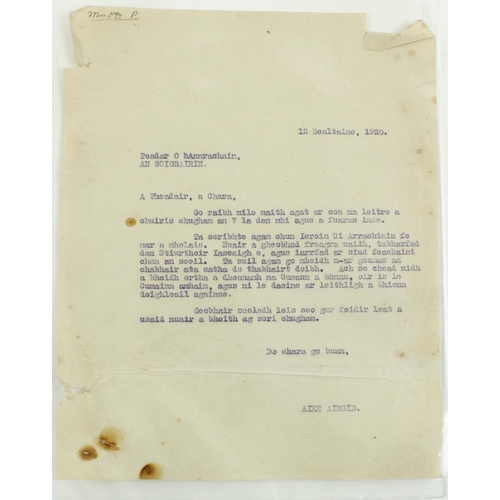

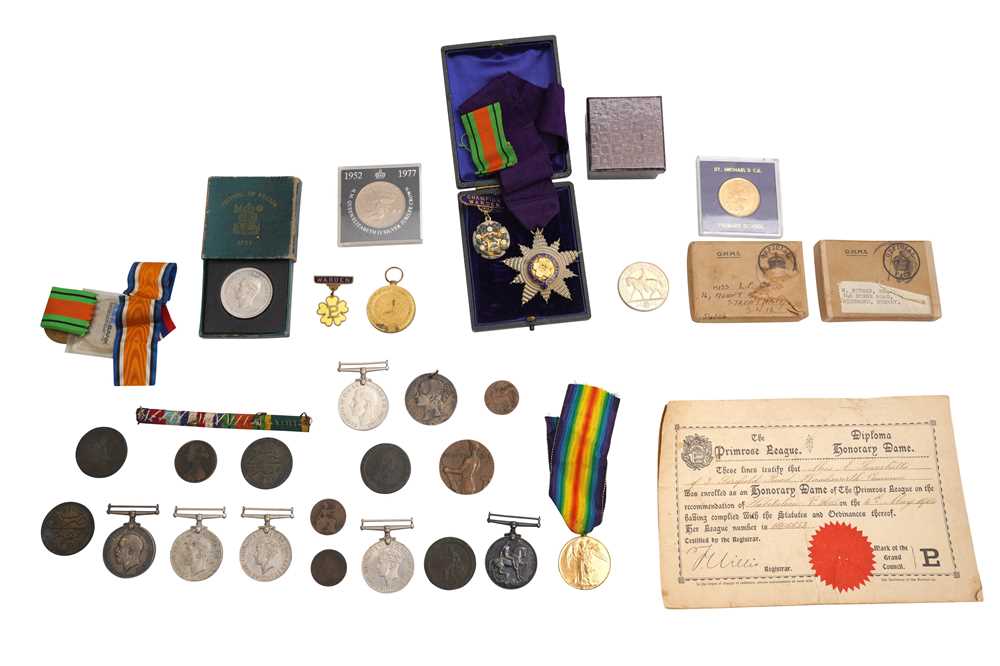
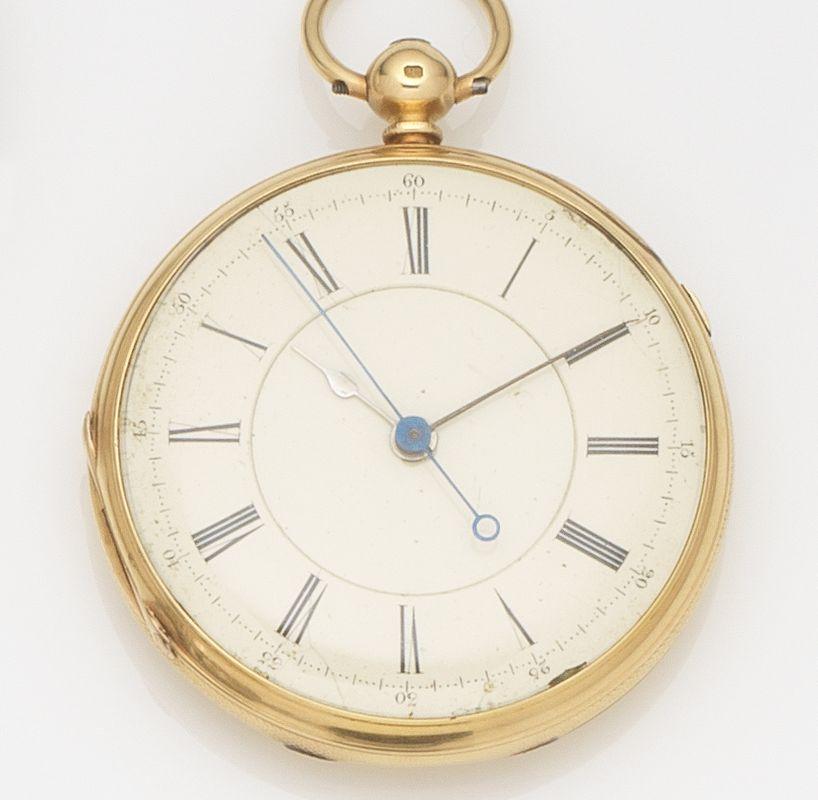





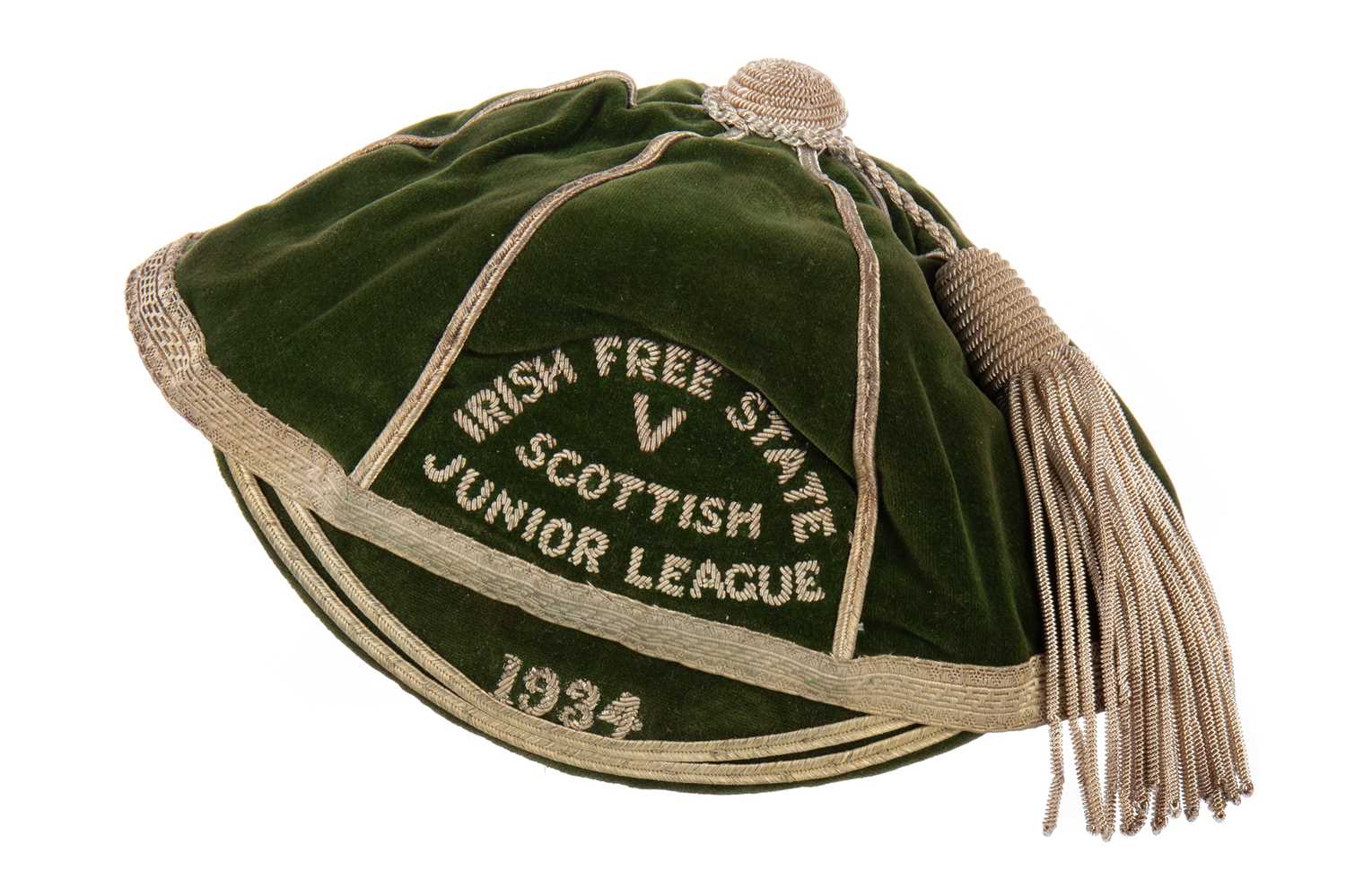

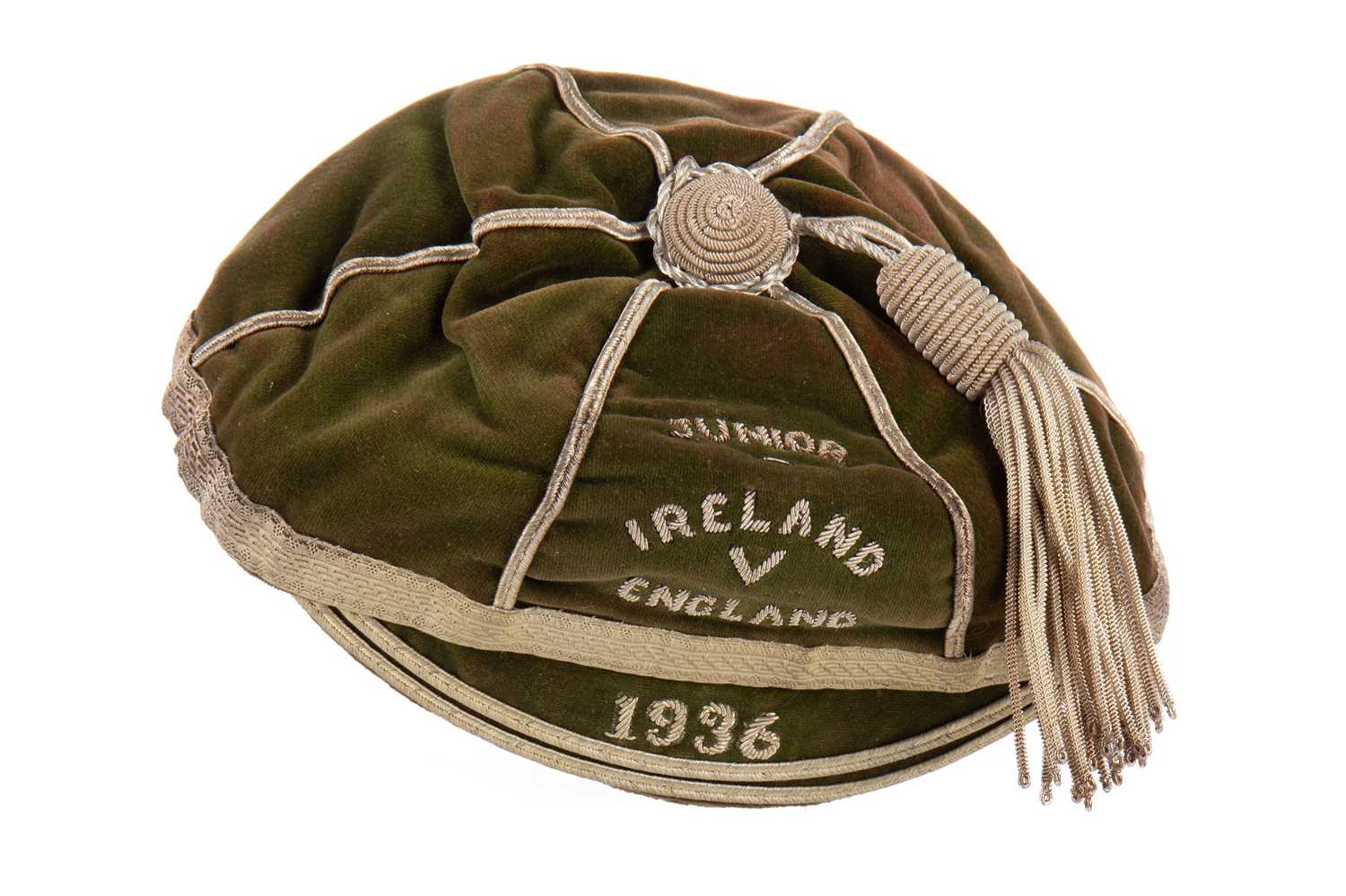
Try LotSearch and its premium features for 7 days - without any costs!
Be notified automatically about new items in upcoming auctions.
Create an alert